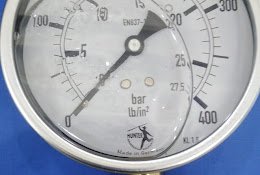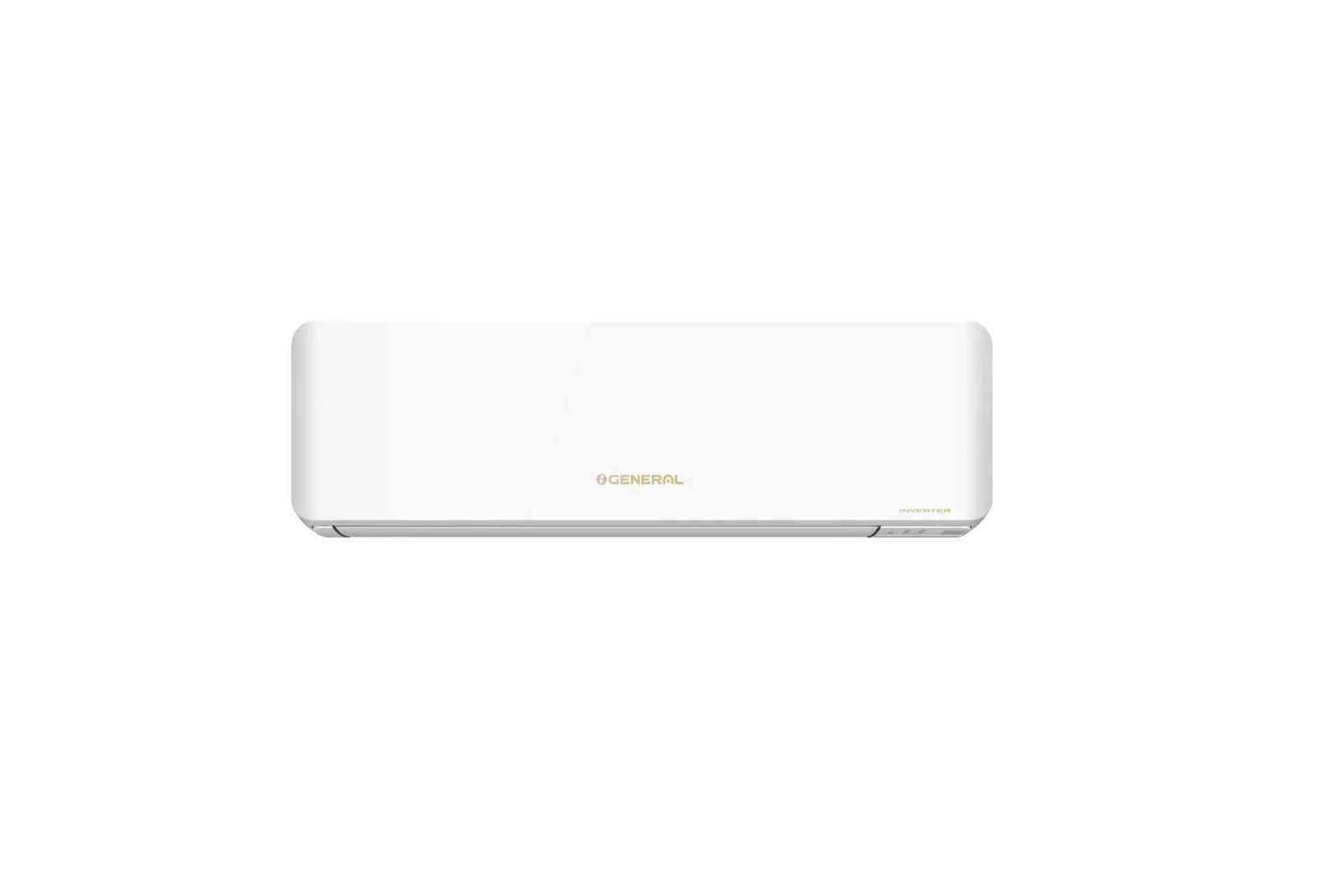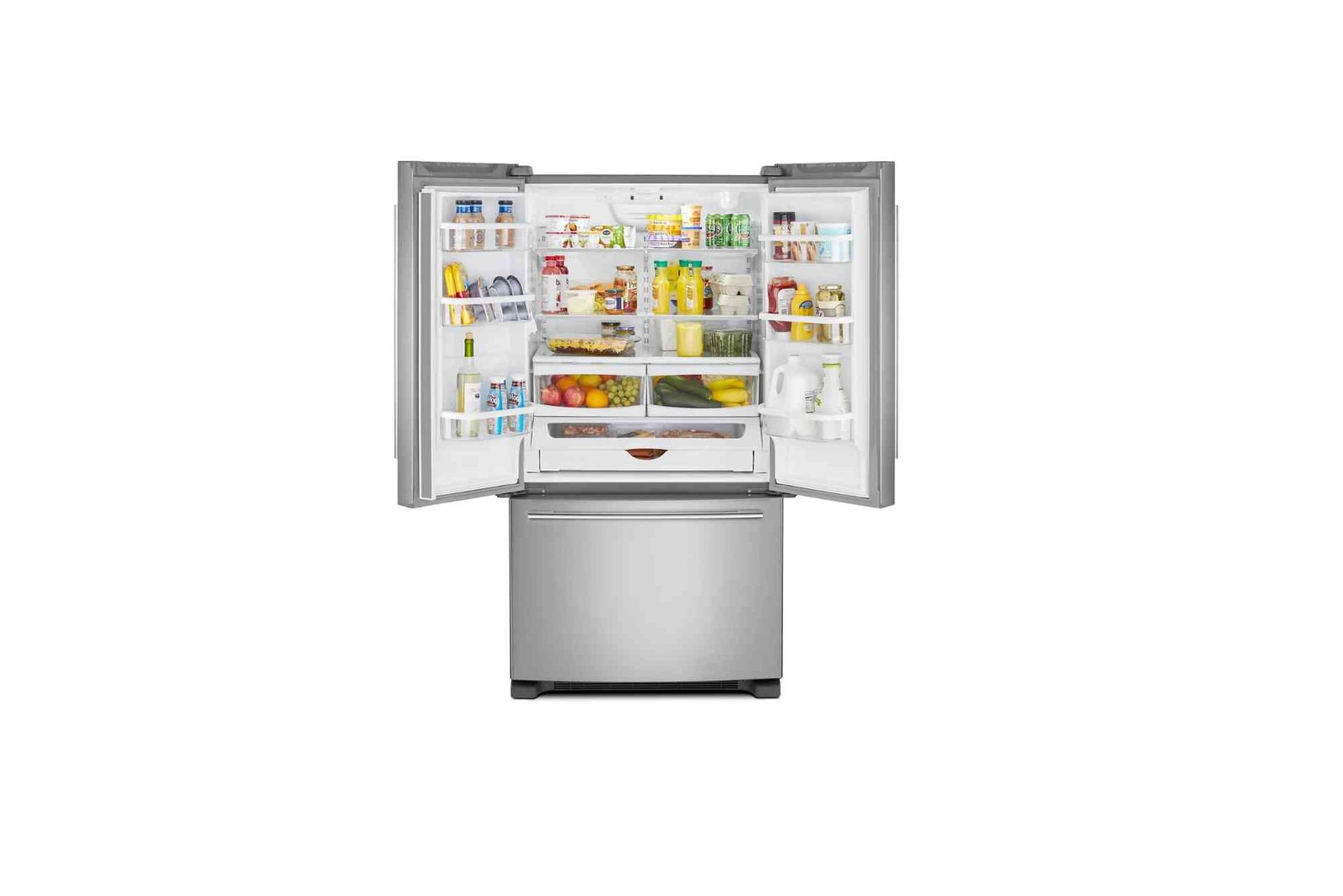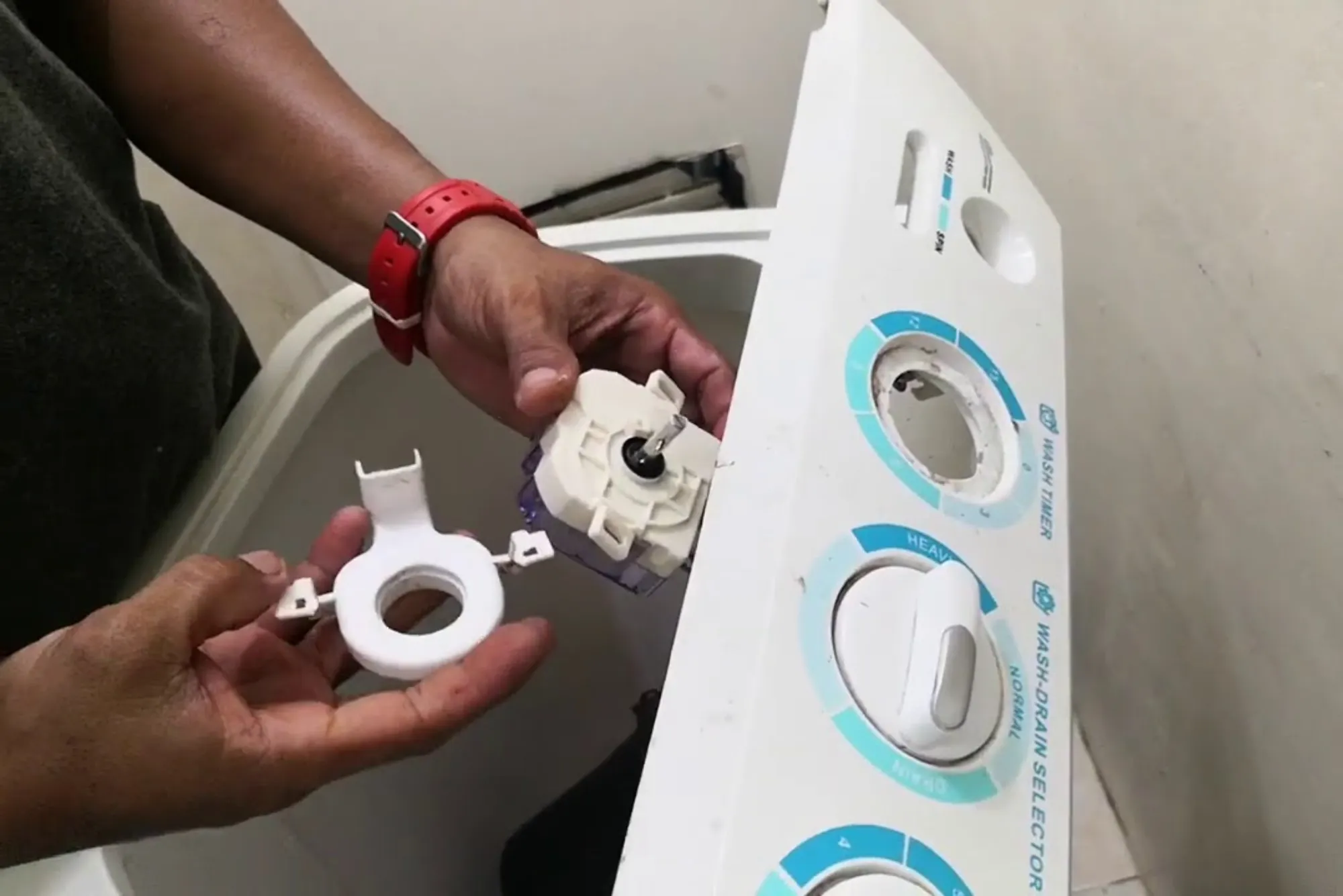Small but mighty! These tiny components are often an afterthought for most people seeking to buy construction machinery parts or spare parts at large. But they are a highly essential cog in the machine, so to speak, bearing a significant impact on the longevity and efficiency of the equipment. Additionally, the right selection of fasteners ensures safety for everyone in the workflow. At a time when your fastener options seem endless, we reached out to Industry experts at Industbay to help us understand how to choose the right ones. They were kind to offer in-depth guidance on choosing the right nuts, bolts, and fasteners at large for equipment. Here’s what they had to say.
Determine the load Case
Your load case should be one of the most important factors when choosing the right bolts for your project. And that doesn’t mean that you need a bigger bolt size if you’re working with bigger loads. While it is true that a fastener can accommodate greater tension as the diameter increases, an oversized bolt can still be a problem as it may:
- Compromise the effectiveness of nut threads
- Deteriorate the fastener tensile strength
- Overall, ensure the joint cannot handle the load and pressure effectively
In the most fundament way, you can determine the load capacity the fastener can accommodate by multiplying the tensile stress area (As) by Tensile strength or St. That will give you a good perception of the tensile load that a fastener can handle.
Consider fastener proportions
Let’s deliberate on the case of a bolt once more. You can tell the load-bearing capability of this type of fastener using certain dimensions which we’ll talk about shortly, although the load case will also be dependent on the nature of the application.
While considering fastener dimensions, you should not mix imperial and metric units. For example, don’t go with imperially measured bolts when you have metric nuts or the other way around.
In terms of what specific dimensions matter when choosing your bolts, you want to pay particular attention to:
- Length of the bolt: This conventionally starts from the underside of the head downwards. Although some bolt lengths factor everything in its entirety more so when we’re talking about countersunk heads
- The diameter. And by diameter, we don’t mean the girth of the head of the bolt, but rather that of the bolt shank
- Thread pitch: which is essentially the number of threads inside one unit length
Scrutinize the fastener material
The material of the fastener is an important consideration no matter if you’re choosing a nut, bolt, or washer from industrial equipment suppliers. That’s because the material has a large say in terms of:
- Corrosion resistance
- The durability of the fastener
- Performance of the fastener and so on
The nature of the working environment will also play a big role in the type of material that’s ideal for that fastener. For example, if a machine is working with highly corrosive raw products- such as acids or high moisture concentrations- you will need to choose fasteners that are best placed to cope with these working conditions. In that case, stainless steel is the best way to go.
But steel may fall short when working conditions contain very hostile temperatures. Here, nickel or titanium is your best bet at getting fasteners that hold up in extreme heat.
Shape and size of the fastener
Consider the case of a bolt and nut, it’s generally expected that you should match the thread pitch of both to ensure a close fit and avoid any slips. This fitting ensures that the materials can bind more strongly.
Beyond the size, you may be surprised to note that different shapes of fasteners are ideal for varying sets of applications. Here’s a look at some of the head types and how they influence performance:
- Hex head- these types of fasteners generate larger torque than most, making them ideal for heavy-duty tasks
- Pan screw head – They don’t generate as much torque and therefore become ideal for lighter loads
- Square nuts vs hex nuts: Providing more contact surface, square nuts offer greater resistance to coming loose, although these types are almost obsolete today. Still, they do have their uses. Hexagonal nuts, on the other hand, are simpler to work with as their designs afford greater torque
Discern your screws and rivets
So far we’ve discussed nuts and bolts, although some of the points such as the type of material, size/shape, dimensions, and load case cut across the board. Now, it’s time to shed some light on other types of fasteners that often don’t get as much attention and those are screws and rivets.
First up is the rivet. When choosing rivets, the environment is highly essential. For outdoor uses or machines in direct contact with the elements e.g., rain, sun, and so on, stainless steel designs are ideal. It’s also to ensure that the material of the rivet matches that of the part it is to fasten.
Dimension considerations also apply quite differently with rivets. Generally, a larger diameter is a great thing when it comes to rivets. In fact, most standards recommend that the rivet diameter should be 300% times the thickness of the thickest sheet of the joint material. If it helps, it’s worth pointing out that one-eighth of an inch is the most popular rivet diameter.
When it comes to screws, there are north of 19 designs each suitable for different applications. You wouldn’t want to use a wood screw when joining machine parts, as the latter requires machine screws while wood screws are, as the name would have it, better suited to woodworking. The bottom line is to ensure the screw type matches your particular application.
When in doubt, consult an expert
In the mid-20th century, the Tacoma Narrows bridge in Washington, United States went under due to a poor selection of bolts. Reports indicated that the engineers had chosen fasteners with a limited design capacity that could not meet the strain of natural forces. The bridge collapsed but luckily no human life was lost. Nonetheless, this incident has served as a cautionary tale over decades, proving just why it’s critically important to choose the right fasteners for your machine or project. It helps to consult an expert and determine whether what they offer meets your project needs and can hold up to the project load size. Learn more on the Industbay website.









